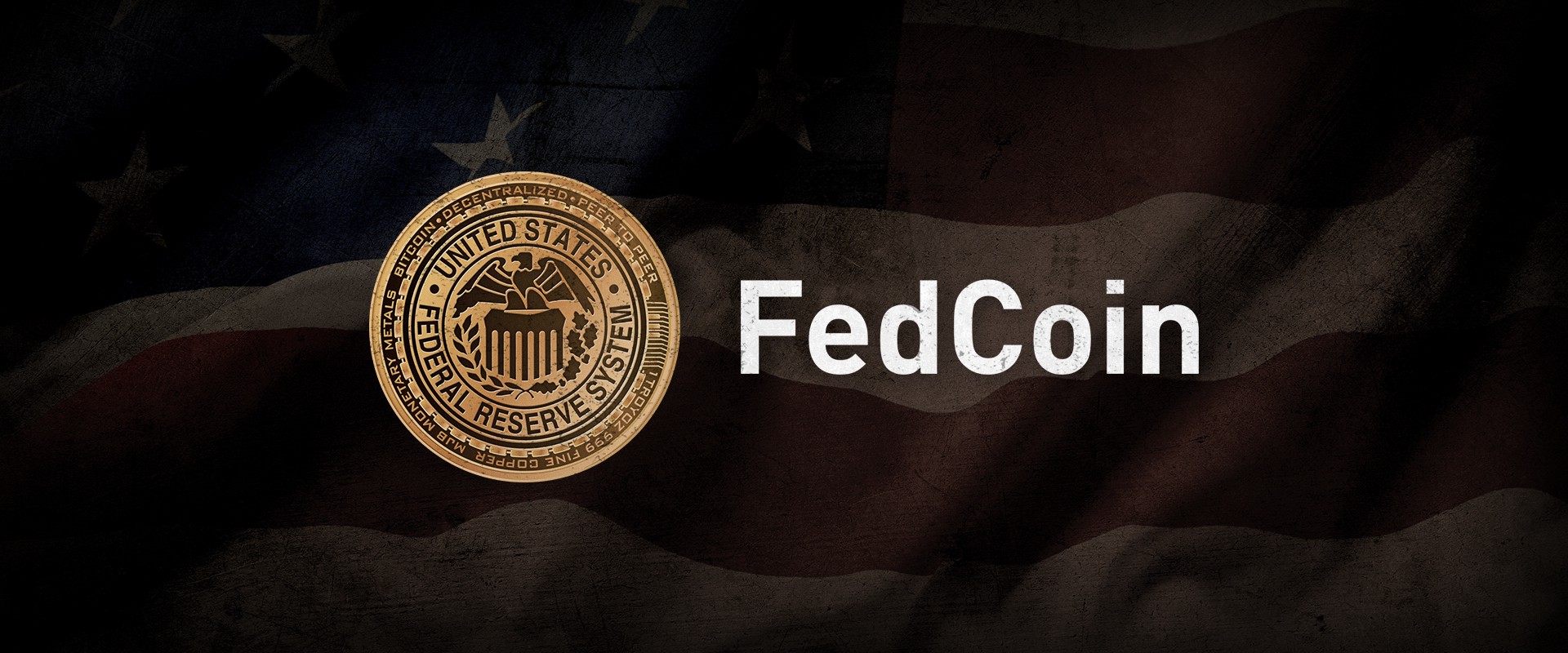PALO ALTO, Calif. (Reuters) - The Federal Reserve is looking Click for more at a broad series of problems around digital payments and currencies, consisting of policy, style and legal considerations around potentially issuing its own digital currency, Governor Lael Brainard stated on Wednesday. Brainard's remarks recommend more openness to the possibility of a Fed-issued digital coin than in the past." By transforming payments, digitalization has the prospective to deliver higher value and convenience at lower expense," Brainard said at a conference on payments at the Stanford Graduate School of Company.
Central banks globally are disputing how to handle digital finance technology and the distributed ledger systems utilized by bitcoin, which promises near-instantaneous payment at potentially low expense. The Fed is establishing its own day-and-night real-time payments and settlement service and is currently evaluating 200 comment letters sent late last year about the suggested service's style and scope, Brainard stated.
Less than 2 years ago Brainard informed a conference in San Francisco that there is "no compelling showed requirement" for such a coin. However that was prior to the scope of Facebook's digital currency ambitions were widely known. Fed officials, consisting of Brainard, have raised issues about customer securities and information and personal privacy threats that might be positioned by a currency that could come into usage by the 3rd of the world's population that have Facebook accounts.

" We are working together with other central banks as we advance our understanding of reserve bank digital currencies," she said. With more nations looking into providing their own digital currencies, Brainard stated, that contributes to "a set of reasons to likewise be ensuring that we are that frontier of both research study and policy advancement." In the United States, Brainard stated, issues that need study include whether a digital currency would make the payments system much safer or simpler, and whether it could pose financial stability dangers, including the possibility of bank runs if money can be turned "with a single swipe" into the central bank's digital currency.
To counter the monetary damage from America's unprecedented national lockdown, the Federal Reserve has taken unmatched steps, including flooding the economy with dollars and investing directly in the economy. Many of these relocations got grudging approval even from lots of Fed skeptics, as they saw this stimulus as needed and something just the Fed could do.
My brand-new CEI report, "Government-Run Payment Systems Are Hazardous at Any Speed: The Case Against Fedcoin and FedNow," details the risks of the Fed's current strategies for its FedNow real-time payment system, and propositions for main bank-issued cryptocurrency that have actually been dubbed Fedcoin or the "digital dollar." In my report, I talk about concerns about privacy, information security, View website currency manipulation, and crowding out private-sector competition and development.
Proponents of FedNow and Fedcoin say the government should create a system for payments to deposit quickly, instead of motivate such systems in the personal sector by raising regulative barriers. But as kept in mind in the paper, the personal sector is supplying a seemingly unlimited supply of payment technologies and digital currencies to fix the problemto the degree it is a problemof the time space between when a payment is sent out and when it is received in a bank account.
And the examples of private-sector development in this area are numerous. The Cleaning Home, a bank-held cooperative that has actually been routing interbank payments in different forms for more than check here 150 years, has actually been clearing real-time payments because 2017. By the end of 2018 it was covering half of the deposit base in the U.S.